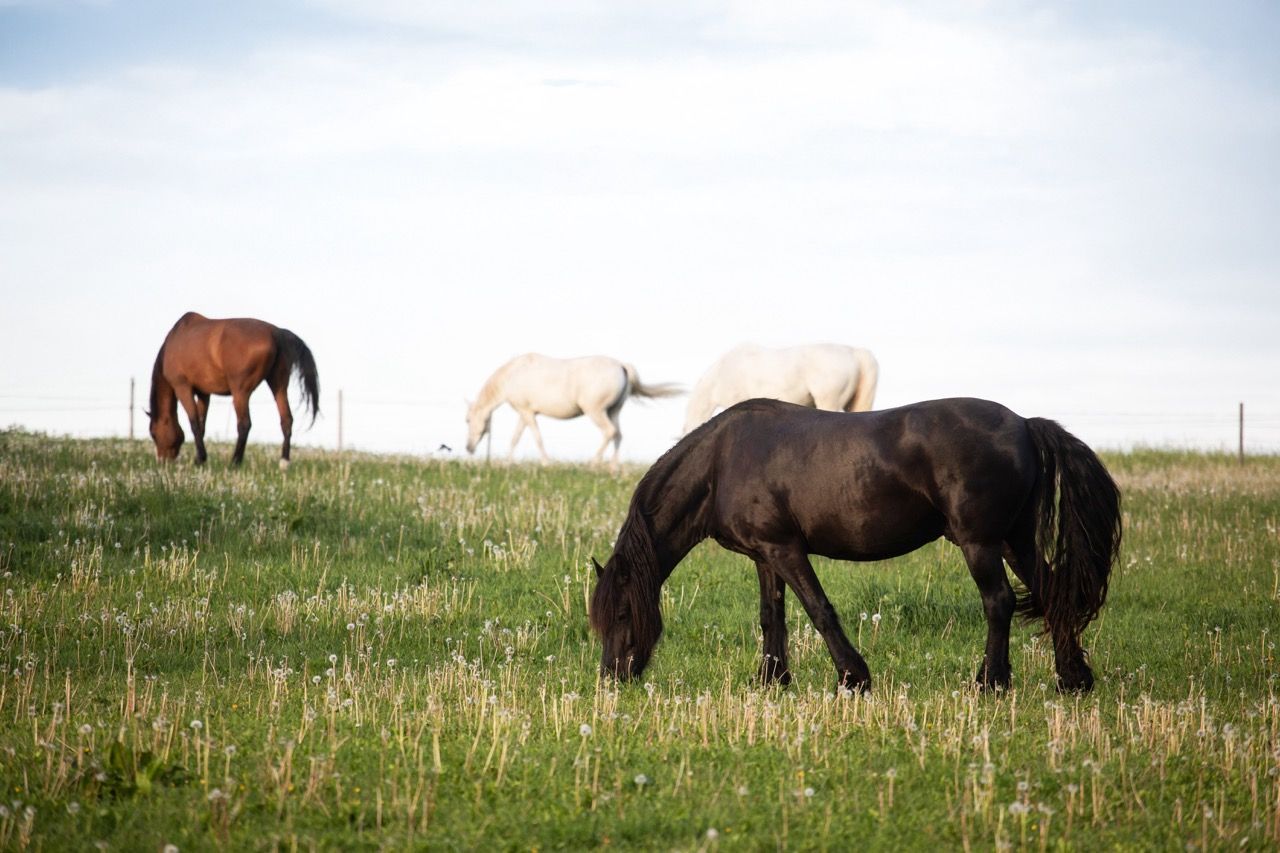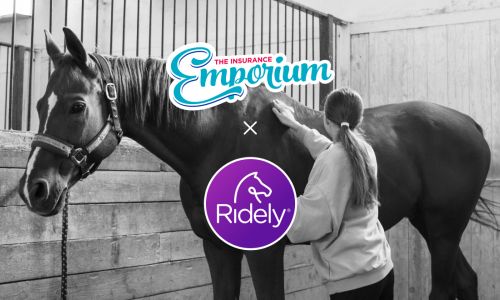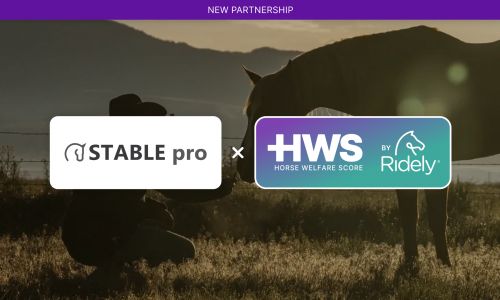How to Keep Your Horse Safe During Fireworks Celebrations

Fireworks celebrations can be exciting for people, but for horses and other animals, they often bring stress, fear, and potential danger.
As prey animals, horses have a natural flight response, and loud noises or sudden flashes of light can cause them to panic. This reaction can result in injury if they attempt to flee or become agitated. Fortunately, with proper preparation and management, you can reduce the risks and keep your horse safe.
Here’s a comprehensive guide on how to protect your horse before, during, and after fireworks events.
Plan Ahead and Stay Informed
Find out when and where local fireworks displays will occur. These are often linked to public holidays, festivals, and weddings or celebrations. Speak to your neighbors and local community groups to see if any private displays are planned nearby. If possible, and you share a positive relationship with your neighbourhood, it can be a good idea to ask your neighbors to notify you of any upcoming fireworks so you can prepare accordingly for the safety of your animals.
It is important to explain the risks fireworks pose and request that they try to direct displays away from your property, if possible. Clear communication can go a long way in reducing potential surprises and maintaining a good relationship.
Preparing Your Horse Early
When you become aware of a firework event, it is important to prepare yourself and your horse early.
Stable or Field?
Decide whether it’s safer for your horse to stay in the stable or field. If your horse is normally outside in a field at the time when the fireworks will happen, decide if it’s best to keep him there or bring him inside. Each option has pros and cons:
Stable: If stabled, ensure it’s free of hazards like protruding nails, sharp edges, or loose items that could cause injury if your horse becomes agitated. Ensure they have a friend for the occasion.
Field: If keeping your horse in the field, ensure fencing is secure and free from debris. Remove any loose objects that could cause injury if the horse runs or panics.
If you do plan to stable your horse during the fireworks, get them accustomed to this environment ahead of time. For example, if your horse normally lives in the field, start bringing them into the stable for short periods leading up to the event. Familiarity can reduce stress on the night of the display.
Stable and Paddock Safety Checks
Prior to the event, it is a good idea to conduct a thorough inspection of the stable and paddock for potential hazards. Ensure there are no sharp objects, protruding nails, or broken boards. Check that gates and fences are secure and remove any objects the horse could collide with.
Fire Safety Precautions
Although rare, a stray firework could start a fire. Ensure you have fire extinguishers, sand, and water easily accessible. If you’re at a livery yard, familiarize yourself with the fire safety protocols and evacuation plans. Discuss the fire emergency procedure with other horse owners to ensure everyone knows what to do in an emergency.
Tips for Minimizing Stress on the Night
It is a known fact that horses thrive on routine. Try to keep feeding, turnout, and other activities consistent. If you need to change your horse’s routine, do so well in advance so it’s not a shock on the night of the fireworks.
Keep your horse’s mind occupied during the display. Provide plenty of forage, like hay or haylage, to keep them busy. You can also use treat balls, slow feeders, or enrichment toys.

Mask the noise and light. Play a radio or music near the stable to muffle the sudden noises from fireworks. Choose calming, continuous sounds rather than fluctuating music. Place the radio safely out of reach to avoid any accidents. It can also be a good idea to cover any windows so that the horses don’t get stressed by the light from the fireworks.
Keep yourself calm and alert. Horses are incredibly perceptive and can sense human emotions. Stay calm, avoid showing frustration, and handle your horse with patience. If you become anxious, your horse is likely to follow suit.
Monitor the environment closely. If possible, stay with your horse or arrange for an experienced person to supervise. Check your horse periodically to ensure they’re coping well. Being present can have a calming effect on the horse and allow you to respond quickly if any issues arise. It is common that fireworks will occur for a 5-8 minute period, only once in a night. However this can change depending on the circumstances.
Keep your emergency contacts in your phone. Having your veterinarian’s contact information readily available is a good idea, to ensure you are able to reach them quickly, if required. If your horse injures itself in a panic, you’ll want to act quickly. Also, ensure you have the contact details of other horse owners at your yard in case you need assistance or to report other horse’s injuries.
Sedation as a last resort. If you know your horse reacts poorly to fireworks despite other precautions, speak to your vet about potential sedation options. This should be a last resort, and you’ll need to follow veterinary guidance carefully.
Avoid riding. Do not ride during periods when fireworks are likely to go off. Sudden noises or flashing lights can startle a horse mid-ride, increasing the risk of a fall or accident.
The day after the event, it is important to conduct a range of safety checks.
- Check for injuries
In the daylight, inspect your horse for any signs of injury, such as cuts, swelling, or lameness. Horses may injure themselves if they’ve tried to escape or panicked during the night.
- Inspect the Paddock
Walk the entire paddock and stable area, checking for any debris from fireworks, such as spent rockets, casings, or unexploded fireworks. These items can pose a risk to both horses and wildlife.
- Check water sources
Ensure water troughs are clean and free of contaminants from firework residue.
- Give your horse love and affection
No doubt the experience of fireworks nearby can be stressful and daunting for any owner and horse. It can be a nice experience to bond and have some quiet grooming time with your horse after the event has concluded. It may be best to do this the next day, as your horse may have heightened sense of anxiety on the night of the fireworks.

Fireworks displays are a normal part of celebrations worldwide, but they can be a stressful experience for horses. By planning ahead, creating a safe environment, and using stress-reducing strategies, you can protect your horse from harm. Whether you choose to stable your horse or leave them in the field, prioritize safety, and keep your horse’s routine as consistent as possible.
Remember, preparation and calmness on your part can make a significant difference in your horse’s experience with fireworks.
Linked resources:
https://www.horseandhound.co.uk/features/horses-and-fireworks-270821



